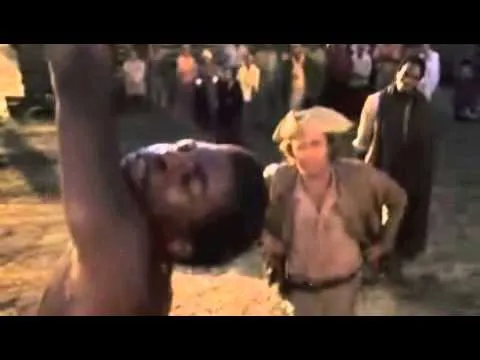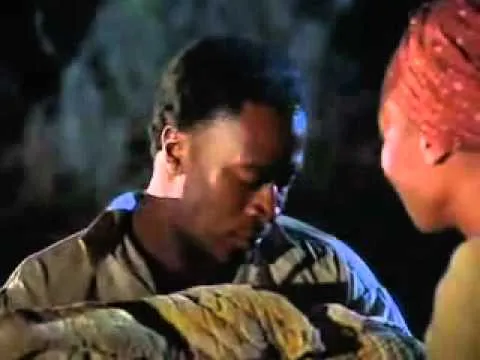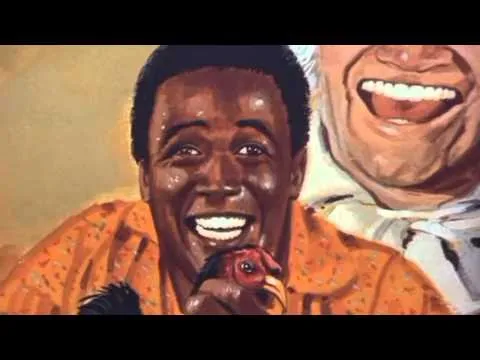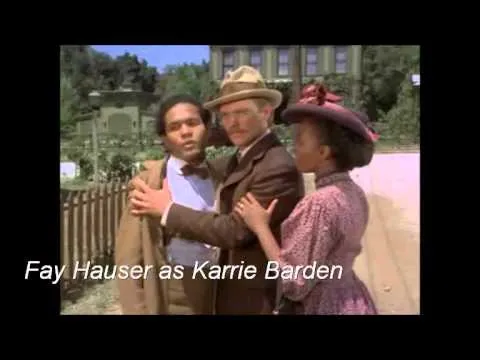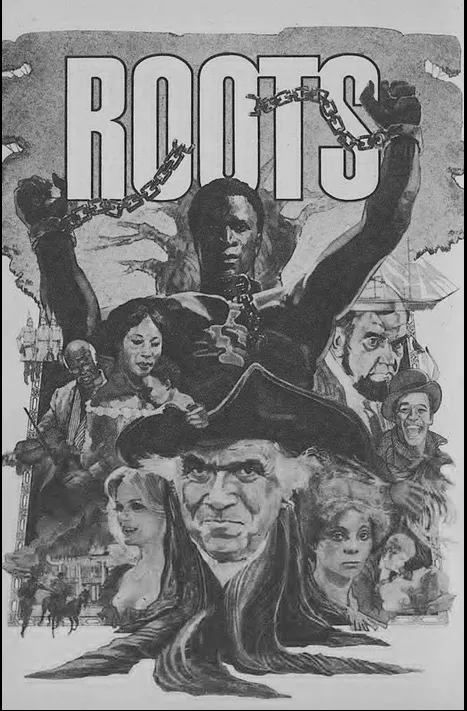
Roots is a television mini-series that managed to break pre-established schemes since it was the first time that a series left behind the racial and psychological prejudices of all types of families and ethnic groups. In addition, it revived interest in oral history and the investigation of family origins.
Raices narrates the favorable and adverse events of a colored family in the United States following the capture by slave traders of a young African named Kunta Kinte precisely on the day when his village was celebrating the ritual of his passage from adolescence to adulthood.
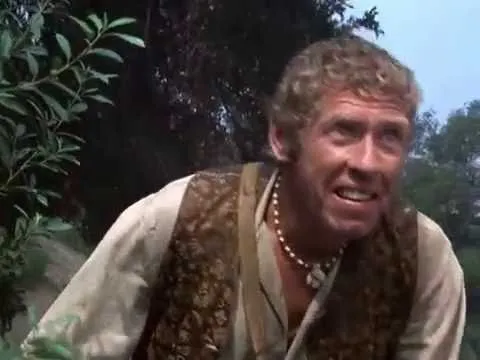
Source
It is a series based on Alex Haley's Pulitzer Prize-winning novel, written from the stories his grandmother used to tell him about the origin of his family and ancestors. Haley, in the course of his researches, reached the year 1767 and Kunta Kinte, which was the name of his ancestor, originally from the west coast of The Gambia.
Kunta Kinte, son of Binta and Omoro, of the Mandinka tribe, was born in Gambia in 1750.
There Kunta Kinte was captured and sold to a landowner in the state of Virginia. His rebelliousness, his refusal to give up his African name for the one imposed by his captors (Toby), his continuous escape attempts, were a reference for generations to come. He would not allow himself to be frightened and shouted: "My name is Kunta, Kunta Kinte".
After several escape attempts, he makes several escape attempts that end up costing him part of a foot. As a slave he marries Bell, the plantation cook, and they have a daughter named Kizzi.
As Kizzi grows up she is raped by her master, and has a son who will become an expert cock breeder, George. The young man ends up as a slave of an English Lord being taken to England, from where he will return to the USA as a free man, close to the American Civil War.
Later generations did not forget his rebelliousness and whispered Kunta Kinte's name until it was heard by Alex Haley, in the city of Tennessee.
The drama of slavery is told from the point of view of the slaves, the victims.
Roots, was directed by Martin J. Chonsky, David Green, John Erman, and Gilbert Moses. It ran for 12 episodes of 50 minutes each and featured LeVar Burton, Louis Gosset Jr, Edward Asner, Carolyn Jones, John Amos, Robert Reed, George Hamilton, Burt Ives, Chuck Connors, O.J. Simpson, Richard Roundtree, and Lloyd Bridges, among other actors.
In 1979, two years after the original, Roots: The Next Generations was made. This miniseries continues the story of Alex Haley's family, some time after the end of the American Civil War (1861-1865). This second part narrates the struggle for equality.
This continuation begins in 1882, and goes up to 1967, the year Alex Haley goes to Africa in search of Kunta Kinte's footprints. It narrates the life of the next four generations between George's death and the birth of Haley's son. Kunta Kinte's successors witness the reconstruction of the South after the American Civil War, the birth of the Ku Klux Klan, the Great Depression and the two world wars.
This sequel featured actors of the caliber of James Earl Jones, Olivia de Havilland, Henry Fonda, Paul Winfield, Robert Culp and Marlon Brando who won the Emmy for Best Supporting Actor for his performance as a Nazi officer.
This second installment consists of six episodes directed by John Erman, Charles S. Dublin, Lloyd Richard and George Stanford Brown. The latter, in addition to being a director, is a well-known actor in television series. In both Roots and Roots: The Next Generations, Brown plays the role of Tom Harvey (son of George, great-grandson of Kunta Kinte, and great-grandfather of Alex Haley).
The wonderful soundtrack for both series is by Quincy Jones and Gerald Fried.
They are a production of the ABC television network.
If I remember correctly, this series began its broadcasting in Venezuela at the end of 1979 and beginning of the 80's, it was a resounding success. It was televised on Sundays at 9 p.m. and on Mondays from the housewife to the father of the home, including the youngest children, talked about it because of the anti-slavery message it conveyed, and the adaptation and recognition of people of other races.
Thank you in advance for appreciating this publication, it is a pleasure for me to be part of this distinguished community. Sincerely regards to all of you.
Source of the first image:
Source

